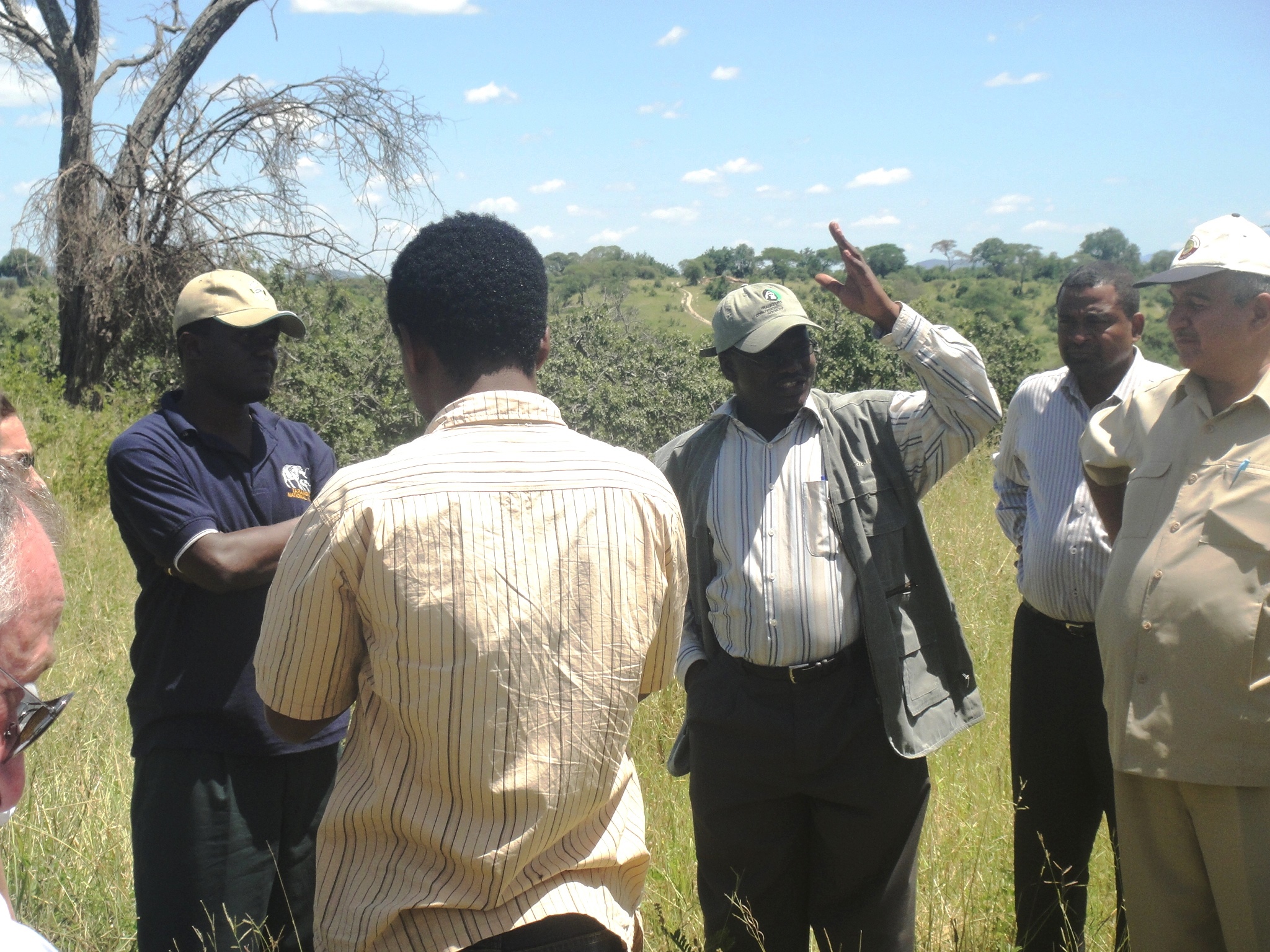



During the 76th OIE General Session in May 2008, the International Committee of the OIE reiterated the importance of the Focal Points for animal diseases notification and requested delegates to nominate additional Focal Points for: wildlife, veterinary products, animal production food safety, animal welfare and aquatic animals.
OIE Focal Points, nominated by OIE delegates and acting under their supervision, are an important mechanism for countries to satisfy to their OIE obligations and to strengthen communication and collaboration between OIE Members and the OIE.
This seminar was organised by the OIE Sub-Regional Representation for Southern Africa in Gaborone, Botswana, in close collaboration with the OIE Regional Representation for Africa in Bamako, Mali, the OIE Regional Representation for the Middle-East in Beirut, Lebanon, the OIE Headquarters in Paris, France, the OIE Collaborating Centre on Training in Integrated Livestock and Wildlife Health and Management, based at the Department of Veterinary Tropical Diseases of the Faculty of Veterinary Science, Pretoria, South Africa and the OIE Collaborating Centre on Wildlife Disease Surveillance and Monitoring, Epidemiology and Management, based at the Canadian Cooperative Wildlife Health Centre.
As far as the participants from Africa was concerned, this seminar was organised with the financial support of the European Commission’s Directorate General for Health and Consumers (DG-SANCO) under the “Better Training for Safer Food” programme for Africa.
In line with the OIE’s overall mandates, this training seminar dealt with providing OIE subject matter Focal Points on wildlife with the necessary information, updates and skills to better assume their responsibilities and obligations towards their national OIE Delegates in their respective countries and thus strengthen the interaction with the OIE, and particularly to ensure the adequate notification on wildlife diseases to the OIE.
OIE Focal Points on wildlife from 21 countries of Africa and 9 countries of the Middle East attended this seminar: Angola, Botswana, Eritrea, Ethiopia, Gambia, Ghana, Kenya, Lesotho, Malawi, Mozambique, Namibia, Nigeria, Sierra Leone, Somalia, South Africa, Sudan, Swaziland, Tanzania, Uganda, Zambia, Zimbabwe and Bahrain, Cyprus, Jordan, Lebanon, Oman, Palestinian Autonomous Territories, Qatar, Syria and Yemen.
The training seminar addressed the following areas:
The seminar was interactive, in part facilitated by both OIE Collaborating Centres from South Africa and Canada, and integrated small working group sessions on practical examples.
During the week, a visit to Tarangire National Park was organised. It was the opportunity to highlight some of the aspects that have been discussed during this training seminar, and could be used in the planning of national surveillance programmes.
This training seminar for OIE Focal Points for wildlife also stressed the necessity of a better networking at national and regional level.
All pictures (c) P. Bastiaensen (oie) 2010, unless mentioned otherwise.


